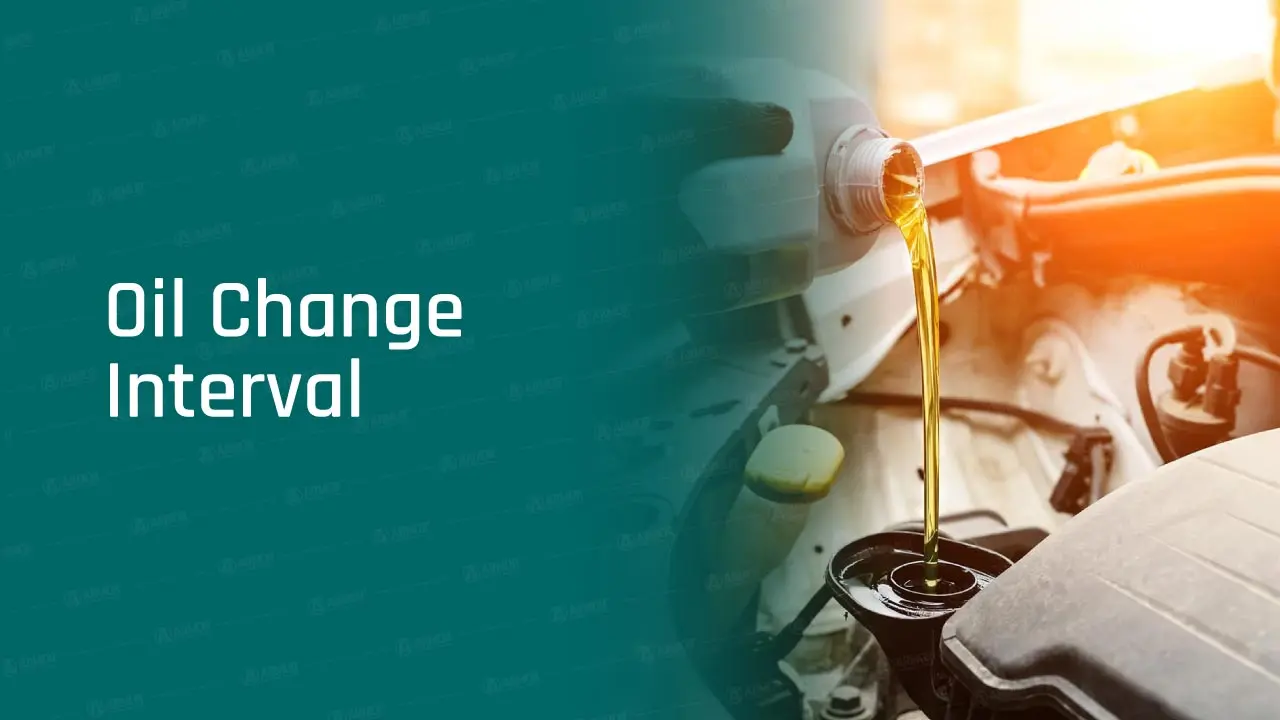- Armor Blog
- Products
- Transformer Oil’s Impact on Performance and Lifespan

What is transformer oils?
Transformer oil, often overlooked, is the unsung hero in the grand opera of electrical systems. It’s a special type of oil, primarily used as an insulator and coolant in transformers. Acting as the lifeblood of the transformer, it circulates through the system, absorbing heat generated by the transformer and dissipating it to the environment, ensuring the transformers doesn’t overheat.
What are the different types of transformer oils?
Not all transformer oils are created equal, there are two main types:
Mineral-based transformer oils
Derived from crude oil through a refining process, they are the most commonly used type of transformer oils due to its cost-effectiveness and excellent electrical insulating properties.
Mineral oil provides good cooling, has a high flash point (the temperature at which it ignites), and effectively prevents the formation of moisture inside the transformers.
However, it is not as environmentally friendly as its synthetic counterpart, and it can pose a fire hazard in high-temperature environments due to its lower fire point compared to synthetic oils. Hence, many environmental aware people are trying to urge people and companies to switch to synthetic oils.
Synthetic transformer oils
Synthetic transformer oils is made from chemical compounds, typically esters, either synthetic or bio-based. Synthetic oils are known for their high fire points, making them safer for use in situations where fire safety is a significant concern.
They are also biodegradable and less harmful to the environment, therefore, they are a preferred choice in environmentally sensitive areas. Not to forget that they have superior moisture tolerance and can operate at higher temperatures without breaking down.
However, synthetic transformer oils are generally more expensive than mineral-based oils, which can be a limiting factor for their use.
What are the properties of transformer oil?
You can not just use any oil in the transformer, you need a specific oil with explicit characteristics because transformers function in sensitive conditions playing vital role to our electrical network. Here are the most important properties needed to:
Dielectric Strength: This is the ability of the oil to resist electrical breakdown under high voltage. A high dielectric strength is crucial as it ensures the oil can effectively insulate the transformer’s components, preventing electrical discharges that could damage the transformers.
Flash Point and Fire Point: The flash point is the temperature at which the oil gives off vapors that can ignite, while the fire point is the temperature at which the oil can sustain a fire. Higher flash and fire points are desirable as they increase the safety of the transformer in case of a fault condition that leads to excessive temperatures.
Oxidation Stability: its ability of the oil to resist oxidation can prevent the formation of sludge and other harmful deposits.
Thermal Conductivity: Higher thermal conductivity is important for effective cooling of the transformers.
Chemical Stability: The oil should be chemically stable and not react with the materials in the transformer to prevent the degradation of the transformer’s components and ensures the transformer operates effectively.
Low Pour Point: A low pour point is important for transformers operating in cold environments to ensure the oil can flow and lubricate the transformerseffectively at low temperatures.
Water Content: The oil should have a low water content as water can decrease the dielectric strength of the oil and accelerate the aging of the transformer’s insulation.
Gas Absorption: The oil should have a low capacity for gas absorption because gases can decrease in the dielectric strength of the oil.
Neutralization Number: This is a measure of the acidity of the oil. A low neutralization number is desirable as acidic oil can accelerate the aging of the transformer’s insulation.
Why is transformer oils important for transformers?
Transformer oils is a hero to electrical systems, playing a pivotal role in the smooth operation and longevity of transformers. Serving as an insulator and preventing electrical discharges that could damage the transformer is something that we need to praise transformer oils on.
When should transformer oils be replaced?
Like all heroes, transformer oil isn’t invincible. Over time, it degrades and lose its effectiveness, necessitating replacement. But when should it be replaced? The answer lies in regular testing and monitoring.
Factors such as a decrease in dielectric strength, an increase in acidity (as indicated by the neutralization number), or the presence of excessive moisture or particulate matter can signal that the oil is due for a change.
If the transformer has experienced a fault condition or if the oil has visibly degraded (e.g., become cloudy or discolored), it may be time for a replacement. Regular maintenance and monitoring are key to ensuring the transformer oil continues to perform its heroic duties effectively.
Armor Lubricants and Transformer Oil
Transformer Oil creates a barrier between the windings and the air preventing electrical current from flowing between them. This insulation is essential for preventing short circuits and other electrical hazards. It also acts as a coolant and transfers heat away from the windings and carries it to the transformer’s cooling system protecting the transformer from the dangerous consequences of overheating.
The quality of transformer oils have a significant effect on the performance and lifespan of the transformer, and that can be clear to anyone who tried to use cheaper alternatives. Low-quality oils are easier to break down, and may increase leakage and contamination reducing the efficiency of the transformer and shorten its lifespan.
Understanding transformers needs, Armor Lubricants manufactures transformer oil in uae to meet their requirement following the highest manufacturing standards. Armor engineers, quality control department, and management all work together to produce transformer oil that can deliver top performance, at best price.




 Spear lubricants
Spear lubricants Armada lubricant
Armada lubricant Ace lubricants
Ace lubricants Perfect lubricants
Perfect lubricants Enzo lubricants
Enzo lubricants Lawrence lubricants
Lawrence lubricants